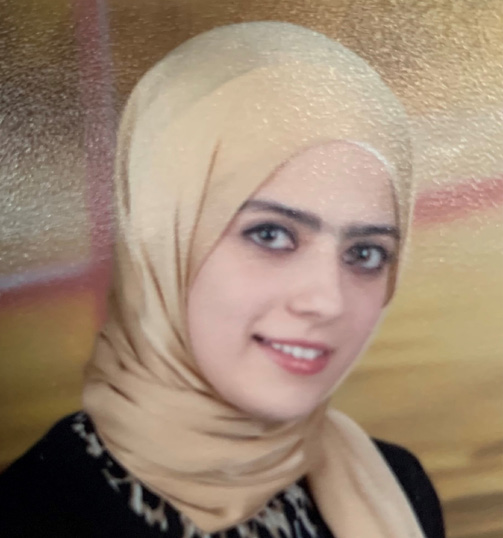Fall 2021 (Volume 31, Number 3)
Overcoming the Extra Hurdles in Training
By Anwar Albasri, BMBCh, FRCPC
Download PDF

Getting accepted into training in
Canada was a dream come true
for me. The Kuwaiti physicians I
had encountered who had graduated from
Canadian programs seemed to me to be
possessed of a unique skillset. I wanted to
learn their secrets. My passion was enough
for me to momentarily minimize some of
the many hurdles international medical
graduates (IMGs) experience along the
way. I call them hurdles because I was able
to overcome them. Some I overcame with
difficulty, some more easily, but in every instance with a
lot of help. As I list some of the greatest hurdles I faced, I
want to point out that I did not encounter each of them
asynchronously.
1. Language Barriers: English is not my first language nor
was I familiar with Canadian culture and so, inevitably,
there were times early on when my relationships with
patients were not very smooth. I also had to spend extra
time editing my clinical notes after hours. This was very
discouraging. Over time, having nonjudgmental staff and
colleagues explain things to me in a kind manner helped
me overcome this particular hurdle.
2. Religious Identity: As a practicing Muslim who wears
a hijab I was very visible. Patients and physicians would
sometimes inappropriately bring up my faith, my hijab, or
ask questions such as whether my religion allowed me to
examine male patients. I am not sure people from other religious
groups would have faced these questions. Although
I am very sociable by nature, I was nervous about attending
social events with people from work where I might
be repeatedly offered alcohol. As a result, I missed opportunities
to connect with experts in rheumatology. Small
interventions, like delaying a team dinner
by a few hours so I could eat with the rest
of the team during Ramadan, made a huge
impression on me, helped me get past this
anxiety, and made me feel like I belonged.
3. Motherhood: Motherhood should not
have to be a hurdle, but unfortunately it
is often made to be one. During fellowship,
I had two kids under the age of five
and a husband who worked on a different
continent. Being a mother and a resident
who was “trying to do it all” was not easy.
It meant planning ahead, pairing tasks, and swallowing my
pride asking for help when I needed it. On the occasions
that I couldn’t balance motherhood and residency, motherhood
came first. I am thankful my program gave me time
off when I needed it. However, I often wonder whether I
would have been more successful, particularly academically,
had I had greater or different support.
Each of us faces different hurdles during residency
beyond the clinical side. The kindness and compassion
that we exhibit towards each other is just as important as
what we exhibit towards patients. Simple words and gestures
which the members of my program displayed, such
as assuring me that they would be there for me no matter
where in the world my career would take me, are just one
example where I was made to feel like I belonged. Kindness
is simple to demonstrate, and most hurdles can be overcome
with the right support; the problem often lies in recognizing
which hurdles residents need help with.
Anwar Albasri, BMBCh, FRCPC
Rheumatologist,
Toronto, Ontario
|
